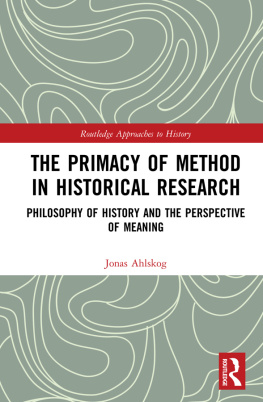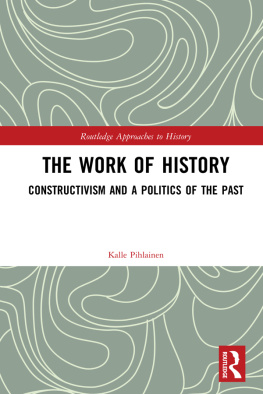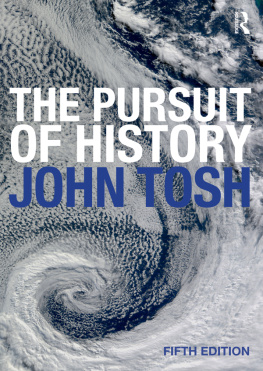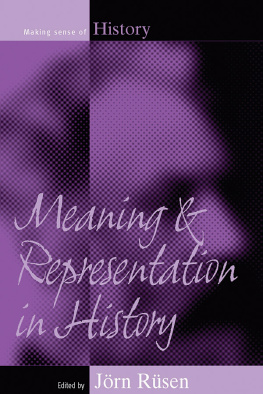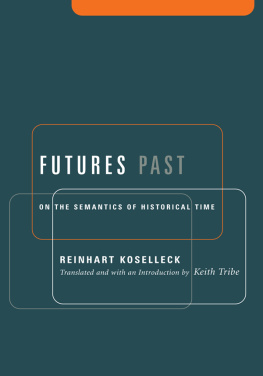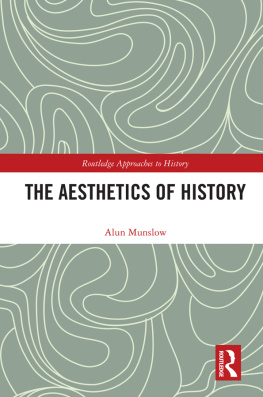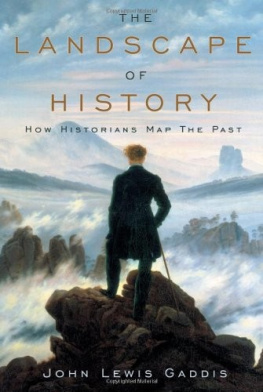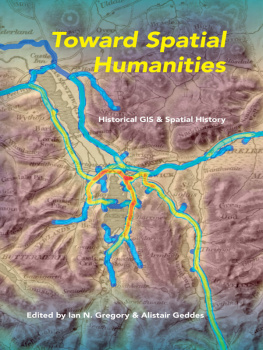The Primacy of Method in Historical Research
How does history relate to the past? According to leading historical theorists, the relation to the past in history is reducible to evidential, psychological, practical and retrospective concerns. In contrast, this volume claims that historical relations to the past are irreducible products of the logical commitments of history as method. Ahlskog argues that the method of history shapes and enables relations to the past in historical research by invoking past perspectives of meaning for rendering reality intelligible. The book provides a much-needed philosophical clarification of key concepts in one of the most fundamental debates within the humanities today.
Jonas Ahlskog is Postdoctoral Researcher in Philosophy and History of Ideas at the Department of Philosophy, bo Akademi University, Finland.
Routledge Approaches to History
33Public Uses of Human Remains and Relics in History
Edited by Silvia Cavicchioli and Luigi Provero
34The Enlightenment and the Fate of Knowledge
Martin L. Davies
35Information and Power in History: Towards a Global Approach
Edited by Ida Nijenhuis, Marijke van Faassen, Ronald Sluijter, Joris Gijsenbergh and Wim de Jong
36In Praise of Historical Anthropology
Perspectives, Methods, and Applications to the Study of Power and Colonialism
Alexandre Coello de la Rosa and Josep Llus Mateo Dieste
37Far-Right Revisionism and the End of History
Alt/Histories
Edited by Louie Dean Valencia-Garca
38Africa, Empire and World Disorder
Selected Essays
A.G. Hopkins
39History in a Post-Truth World
Theory and Praxis
Edited by Marius Gudonis and Benjamin T. Jones
40The Primacy of Method in Historical Research
Philosophy of History and the Perspective of Meaning
Jonas Ahlskog
For more information about this series, please visit: www.routledge.com/Routledge-Approaches-to-History/book-series/RSHISTHRY
The Primacy of Method in Historical Research
Philosophy of History and the Perspective of Meaning
Jonas Ahlskog

First published 2021
by Routledge
52 Vanderbilt Avenue, New York, NY 10017
and by Routledge
2 Park Square, Milton Park, Abingdon, Oxon, OX14 4RN
Routledge is an imprint of the Taylor & Francis Group, an informa business
2021 Taylor & Francis
The right of Jonas Ahlskog to be identified as author of this work has been asserted in accordance with sections 77 and 78 of the Copyright, Designs and Patents Act 1988.
All rights reserved. No part of this book may be reprinted or reproduced or utilised in any form or by any electronic, mechanical, or other means, now known or hereafter invented, including photocopying and recording, or in any information storage or retrieval system, without permission in writing from the publishers.
Trademark notice: Product or corporate names may be trademarks or registered trademarks, and are used only for identification and explanation without intent to infringe.
Library of Congress Cataloging-in-Publication Data
A catalog record for this book has been requested
ISBN: 978-0-367-64290-7 (hbk)
ISBN: 978-1-003-12381-1 (ebk)
Typeset in Sabon
by Apex CoVantage, LLC
For Yasmin, Yonatan and Yael
Contents
Guide
This book is the fruit of numerous years of reflection on what I consider the most fundamental issue in the philosophy of history the primacy of method. During this thought process, I have benefitted from discussions with friends and colleagues dedicated to philosophical and historical research. The most important intellectual milieu of these discussions has been the Department of Philosophy at bo Akademi University (AU), but I have also had the good fortune of discussing my work with philosophers and historians from around the world during conferences and research visits. I cannot possibly name everyone who has contributed to the development of my point of view in the philosophy of history, but I will nonetheless list here some of those whose work in philosophy and history have been important for the ideas developed in the present book. Naturally, the responsibility for the ideas expounded in the book is entirely my own.
I first want to thank Olli Lagerspetz, who provided helpful comments on the manuscript for this book. My philosophical work on history owes more to Ollis insights in the philosophy of the human sciences than I can hope to acknowledge. The countless hours that I have discussed Collingwoods and Winchs work with Olli has had great significance for my understanding of the perspective of meaning developed in the present book. I owe special thanks also to Natan Elgabsi and Gran Torrkulla for their careful reading of the manuscript along with constructive and critical comments.
Among friends and colleagues in philosophy at AU, I want to thank the following for their comments on my drafts and for their own inspiring work in philosophy. Thank you Joel Backstrm, Antony Fredriksson, Stefan Giesewetter, Ylva Gustafsson, Martin Gustafsson, Lars Hertzberg, Markus Kortesmki, Camilla Kronqvist, Mio Lindman, Yrsa Neumann, Hannes Nyknen, Marcus Prest, Salla Aldrin Salskov, sa Slotte, Hugo Strandberg and Alexander hman.
I want to thank specially Giuseppina DOro, whose work on Collingwoods philosophy has been an important inspiration for the views developed in this book. Giuseppina gave helpful comments on earlier versions of several chapters in this book. During the past years, I have received important comments and suggestions for improving the chapters of this book from conference presentations, research visits, conversations and reviews. I am grateful to comments from Lovisa Andn, Mark Bevir, Torbjrn Gustafsson Chorell, James Connelly, Tom Greaves, Jouni-Matti Kuukkanen, Chris Lorenz, Ingeborg Lfgren, Rex Martin, Marco Meyer, Richard Moran, Mats Persson, Kalle Pihlainen, Hans Ruin, Marcia S Cavalcante Schuback and Kate Vredenburgh.
The chapters of this book have gone through many revisions over several years and profited from comments by philosophers both in bo and abroad. Several chapters are reworked texts from previously published articles that have benefitted from the review process of the respective journals, which are duly acknowledged at the end of each chapter.
I have also had the advantage of discussing my ideas with professional historians. In this context, I want to thank in particular Mats Wickstrm. My philosophical work has profited substantially from discussing the nature of historical research with Mats as well as from our current collaborations in the history of ideas. I have profited also from a joint seminar with the flourishing research community at the AU history department, and I recently had the opportunity to present my views on history and memory at the AU Global History Lab led by Holger Weiss. My thanks to Holger also for his long-standing support of my work in academic research. As I am currently pursuing empirical historical research within a project about national identity and class in Finland, I want to thank my friends and colleagues within this project for their inspiring work: Aleksi Huhta, Matias Kaihovirta, Yasmin Nyqvist and Anna Sundelin.
The work presented in this book was enabled by financial support from The Academy of Finland, The Ella and Georg Ehrnrooth Foundation, Waldemar von Frenckells stiftelse, The Kone Foundation, Oscar flunds stiftelse, Stiftelsens fr bo Akademi forskningsinstitut, Otto A. Malms donationsfond and The Finnish Society of Sciences and Letters.

